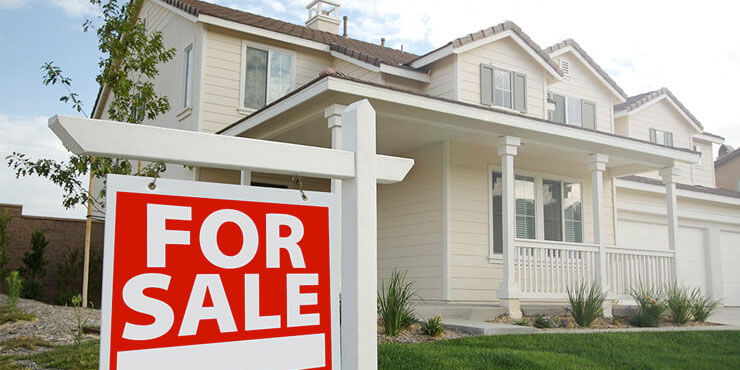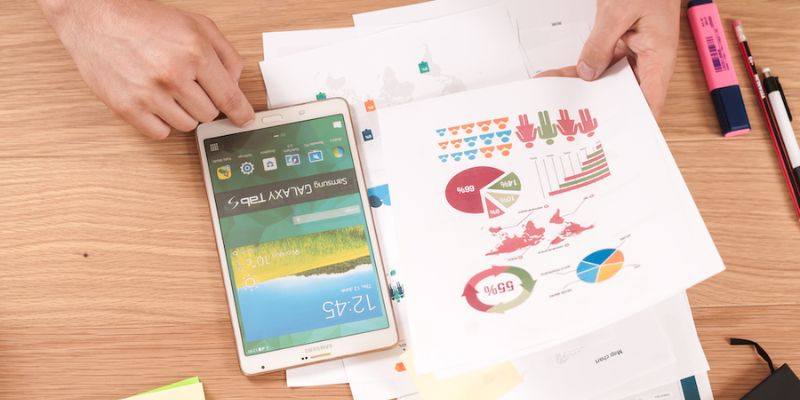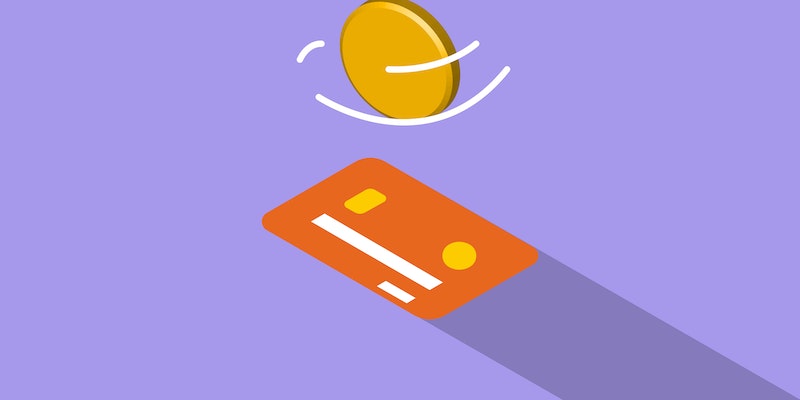Purchasing a home has the potential to secure your family's financial future but may also strain your budget in the short term. It's perhaps the biggest and most significant purchase you'll ever make.
Discover the Top 9 Expenses that Should Never Be Automated. Take These 4 Steps Immediately If Your Credit Score Is Below 740
Buying a home is a huge financial commitment that should only be made after carefully considering your current and projected income, debt, and living expenditures. The monetary repercussions of failing to see the larger picture can be disastrous. Learn the warning flags that indicate you should delay making a home purchase.
You Can't Rely on Regular Income

Income stability is a major factor in the housing market. If your take-home salary varies widely from month to month or year to year, purchasing a home may not be the wisest financial decision you can make.
A home purchase should be viewed as an investment. Unless you can refinance to take advantage of reduced interest rates to buy a house, your monthly payments will not decrease after signing a 15- or 30-year fixed-rate mortgage.
Investing in real estate is not a good idea if you can't be sure your income will stay the same in the future. Avoid depending on irregular or temporary income, and remember that being able to pay the mortgage now is no guarantee of future financial stability.
An Extensive Portion of Your Monthly Wages

It's a warning sign if your monthly mortgage payment will eat up a sizable chunk of your income. Your monthly mortgage payment shouldn't be more than 30% of your take-home salary. Overspending in one area may make it difficult to meet other basic needs.
It is crucial to be aware of the other expenditures that will be incurred in addition to your mortgage payment, such as property taxes, insurance, utilities, association fees, and upkeep. Your income must be sufficient to pay all expected and unexpected costs connected with maintaining and improving your home.
You Can't Save Money Because:
Not having a savings cushion indicates that you might be unable to purchase a home. It's tempting to use all your funds on a down payment on a property, but what if you lose your job or have to pay for something unexpected?
It may be counterproductive to put all your funds on a down payment on a home. Do the math before jumping into homeownership if you don't have a savings cushion, are living paycheck to paycheck, or can only afford to house the minimum payments on your credit cards.
The Down Payment Is Too High for Your Budget
For first-time buyers, saving for a down payment is a major challenge. Depending on the loan you apply for, you may need to pay a down payment of 10%-20% of the purchase price. There are financial aid options, so it could be worthwhile to reconsider a more affordably priced home.
You can save thousands of dollars over the life of the loan by making a larger down payment, but you'll need access to the funds first. Your ability to avoid PMI with a 20% down payment is called "the 20% rule" (PMI). Private mortgage insurance (PMI) protects the lender against the risk that you will default on your mortgage payments for a conventional loan.
You Are Withdrawing From Your Pension
Withdrawing money from a retirement account before you need to is strongly advised against. Distributions from a regular or Roth IRA made before the account holder reaches age 59 and 12 are subject to a 10% extra tax, as the Internal Revenue Service noted.
However, when the funds are put toward a down payment on a first house, this regulation is one of the few that can be bent. Even while the loophole is there, it may not be wise to use it. Financial planning for the future includes opening a retirement account.
Taking money out of the account is risky before it's fully grown, as it could put you in a tight spot later. Using your retirement savings as a down payment in buying a house is a drastic measure that could indicate that you can't afford the house.
Your Credit Score Is Low
As the last point, remember that having good credit can open many doors. A lower interest rate and more affordable monthly payments are only two benefits of having a high credit score. The converse is true if you have a low credit score. If you don't have good credit, take some time to get your financial house in order.




